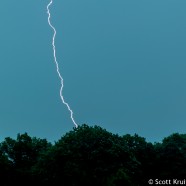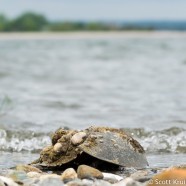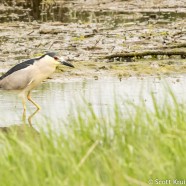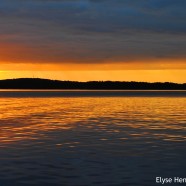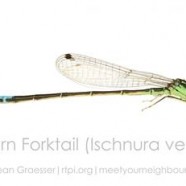Lightning Strike
There has been a lot of inclement weather lately! One good thing about all of the heavy rain and thunderstorms is that our waterways will be filled for reptiles, amphibians, odonates, and many other creatures. It may not make our work easier – for example, the Spiny Softshell Turtles are going to be a tough study for now – but it is certainly a far better fate than the droughts of places like California. Thankfully for them we have signs of a strengthening El Niño, the periodic warming of the Pacific Ocean’s surface temperatures, that may already be giving them slight...
Read MoreHorseshoe Crabs
If you are on the Atlantic Coast during the late spring you may be fortunate enough to find Horseshoe Crabs during the breeding season. Early June, especially around a new or full moon, is a very busy time for these marine arthropods that are considering living fossils, having existed nearly unchanged for approximately 450 million years. These photos were taken at Stratford Point in Stratford, Connecticut, an important mating site at the mouth of the Housatonic River. The females will lay eggs on beaches like this one, some subsequently being eaten by migrant shorebirds. The most vivid...
Read MoreBlack-crowned Night-Heron
Here we have a foraging Black-crowned Night-Heron (Nycticorax nycticorax), a long-legged wader of marshes, ponds, and wetlands, enjoying fresh, salt or brackish waters. They are actually the most widespread heron in the world! Have they spread to your neighborhood? It is yet another of the many species we work to help through our efforts in the Audubon Alliance for Coastal Waterbirds. Scott Kruitbosch Conservation & Outreach Coordinator
Read MoreSunset at Chautauqua Lake
Doing conservation related work around our region takes us to some really incredible places, blessing us with beautiful scenery and a diversity of species. While we work hard at surveying these areas in order to learn more about the habitats and needs of existing species, sometimes we need to take a break and simply take in all that is around us. Last week after spending the day doing surveys, I took an evening hike over at Long Point State Park, one of our Natural History Atlas sites, to take in the beautiful colors, warmth and water that surrounded me. I hope that during your busy week you...
Read MoreEastern Forktails
One of the first spring damselflies to be seen, and one of our most abundant: The Eastern Forktail (Ischnura verticalis). As you can see the males and females can show a variety of coloration. Sean loves seeing fields and areas with water just filled with these jewels of all different colors. Photographed by RTPI Affiliate Sean Graesser for the Meet Your Neighbours global biodiversity project in Connecticut for the Roger Tory Peterson Institute of Natural History.
Read More



